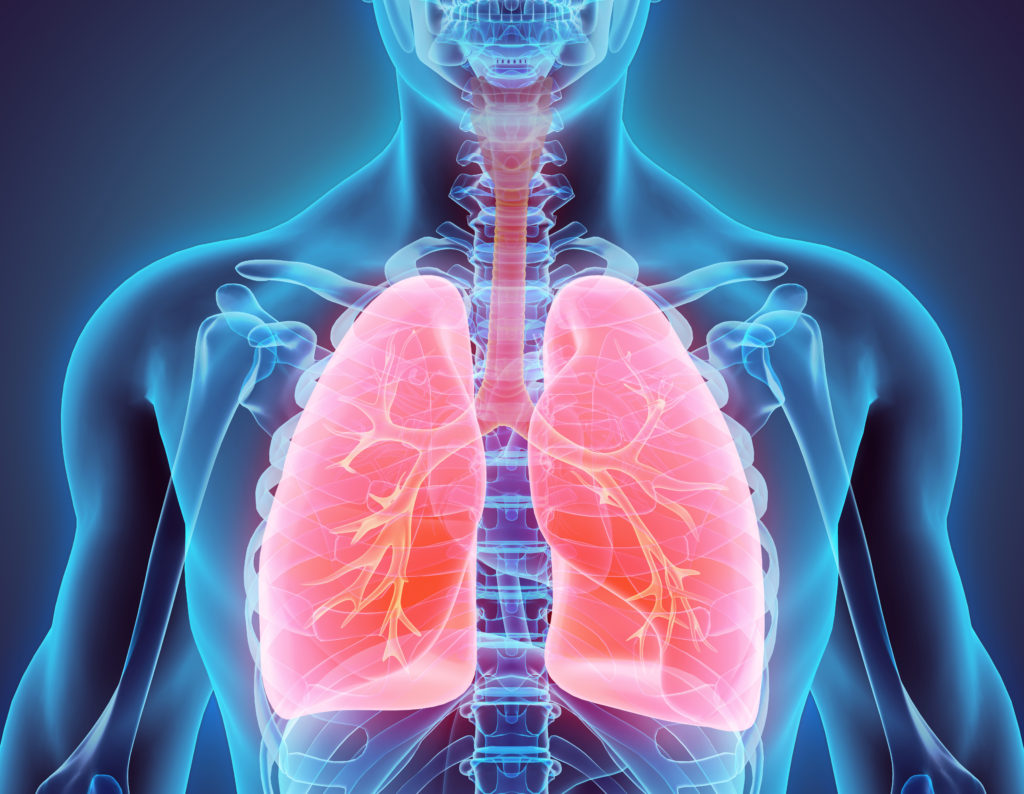 COVID-19: What you need to know. Coronaviruses are a type of virus; some of which cause disease. A newly identified type of this virus has caused the outbreak of a respiratory illness named COVID-19. Have you or a loved one been impacted by COVID-19? Read further for additional information about this disease and how to move forward from here.
COVID-19: What you need to know. Coronaviruses are a type of virus; some of which cause disease. A newly identified type of this virus has caused the outbreak of a respiratory illness named COVID-19. Have you or a loved one been impacted by COVID-19? Read further for additional information about this disease and how to move forward from here.
COVID-19: Background
As you probably know, the 2019 Novel Coronavirus (COVID-19) is a recent respiratory disease that emerged in late 2019 in the Wuhan, Hubei province. The disease is caused by the SARS-CoV-2 virus which stems from a family of virus’s that mainly affects the respiratory tract in
humans.
At the time of this article – May 2020, there are over 4 million confirmed cases worldwide and nearly 300,000 confirmed deaths associated with the virus. Among those, the United States is accountable for almost 1.5 million cases and nearly 100,000 deaths.
What to Look Out For
People with COVID-19 have a wide range of reported signs and symptoms. These have ranged from being asymptomatic (no symptoms) to severe which has caused death in thousands of people. According to the CDC, symptoms may appear two to fourteen days after exposure to the virus. Symptoms can include:
- Shortness of breath
- Cough
- Fever
- Chills
Sounds familiar right?
The symptoms of COVID-19 closely resemble those of influenza, the common cold, or seasonal allergies. This speaks to the importance of testing and diagnosis since there are no unique symptoms directly linked to COVID-19.

How it Affects Your Lungs
Your lungs function as a facilitator of gas exchange in the body and to transport oxygen into the blood. When foreign substances enter the lungs, they can interfere with the gas exchange process and cause severe problems. COVID-19 enters the lung cells in susceptible individuals that express a specific receptor type. For more in-depth reading on this process, please read this article. The virus also gains entry easier with those who have respiratory issues such as asthma or chronic obstructive pulmonary disease (COPD) or in those who have weakened immune systems.
Cytokine Storm
There is a phenomenon called the Cytokine Storm which can be described as a severe lung infection where inflammation spreads to the rest of the body. This causes undesirable affects such as low blood pressure, variable body temperatures, low white blood cell count, and low blood platelet count. Cytokines are a group of small proteins in the body that work to regulate the immune system and fend off viruses as well as many other functions. When the body encounters a virus, it releases these cytokines to defend against the infection. In severe cases this release of cytokines can become overwhelming to the body and cause this “storm.” This has a high mortality rate and typically results in death of the patient. In cases where a patient survives the Cytokine Storm, it is suggested that a paralyzing affect on the immune system can still cause death.
Acute Respiratory Distress Syndrome
ARDS is a life-threatening complication that can rise from COVID-19 infections. Patients present to doctors with severe symptoms of shortness of breath, cough, and fever. This is due to persistent inflammation and fluid build-up which can lead to collapsed lung(s) and scarring. When one or both lungs collapse, they are prevented from filling with enough air which leads to decreased oxygen in the blood and body. The death rate for ARDS has shown to be between 30-40% of patients who contract the disease.

Are You in Danger?
There are many factors and variables that determine the severity of this virus and its effect on the body. If the virus is exposed to the mouth, nose, or throat it makes sense that it would only cause local cold-like symptoms. This is comparable to any local infection of bacteria that only effects some parts of the body. However, if the virus is able to travel to the lungs, it could develop into ARDS or other systemic (full body) conditions.
People who are already taking certain medications might impact overall disease severity as well. It is speculated that people on certain blood pressure medications and rheumatoid arthritis medications may have less severity to COVID-19 if they were to contract it. It is also speculated that females have less severe symptoms and outcomes compared to males due to the role of estrogen.
As mentioned, there are many factors that can affect the outcomes of COVID-19 and many are to be discovered as the disease progresses. The main ways to keep safe and to limit the amount of exposure is to self-quarantine and to wear a mask when you do leave your residence. The CDC has been issuing guidance on safety precautions and is a great resource for anyone who may have been exposed to an infected individual. Only time will tell how long this virus will linger around and until then follow your local guidance and stay safe.
Have you or a loved one been impacted by COVID-19?
Contact us below to learn about your options.
